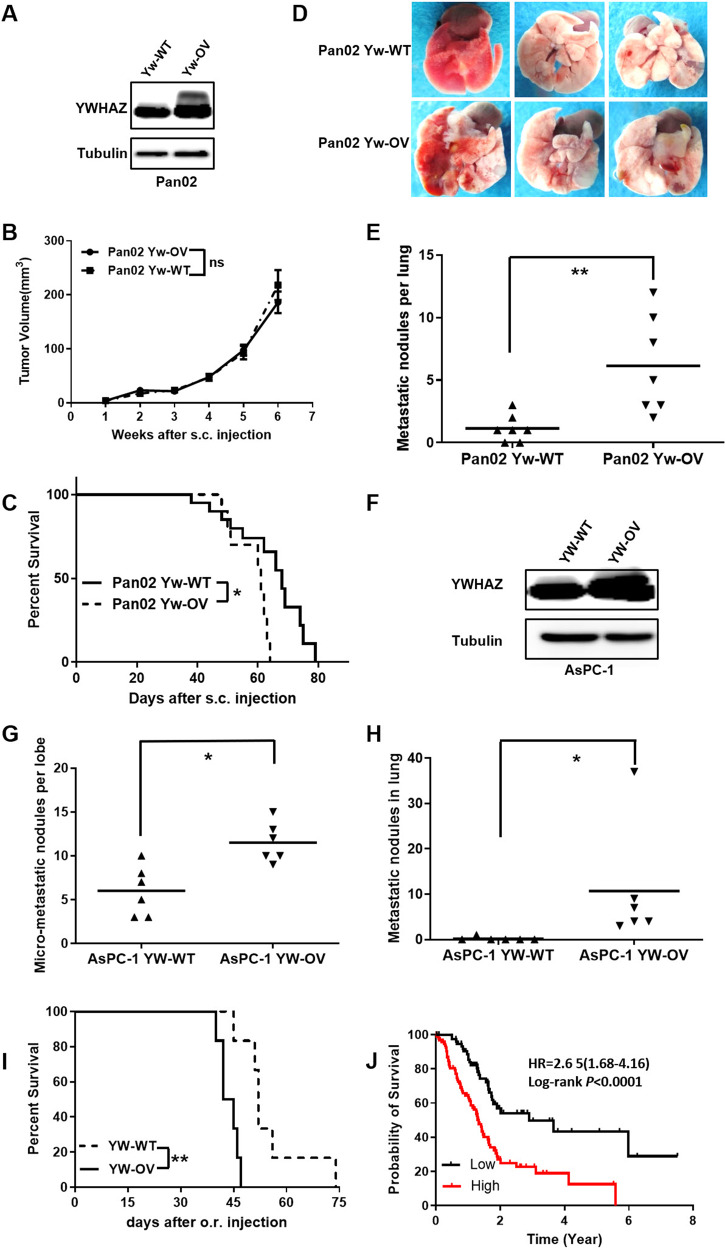Fig. 4. YWHAZ is a regulator of mouse and human pancreatic cancer metastasis.
A Western blotting analysis showed YWHAZ was overexpressed in Pan02 cells (Pan02 Yw-OV) compared to the control cells (Pan02 Yw-WT). B Tumor growth was not affected by YWHAZ overexpression in s.c. model (n = 7; ns, not significant). C YWHAZ overexpression was associated with worse overall survival in s.c. model (n = 12, *p < 0.05, Kaplan–Meier survival analysis). D YWHAZ overexpression resulted in more lung macro-metastasis in s.c. model. Representative images of macro-metastatic lung nodules were shown. E Macro-metastatic lung nodules were compared between Pan02 Yw-OV and Pan02 Yw-WT (n = 7, *p < 0.05). F Validation of YWHAZ overexpression in AsPC-1 by Western blotting analysis (AsPC-1 YW-OV). G and H YWHAZ overexpression resulted in more micro-metastatic (G) and macro-metastatic (H) lung lesions in o.r. model (n = 6, *p < 0.05). I Kaplan–Meier survival analysis showed that YWHAZ overexpression significantly shortened the overall survival time in AsPC-1 cells in o.r. model (n = 5, *p < 0.01). J Kaplan–Meier survival analysis showed that high YWHAZ expression in pancreatic tumor samples was associated with a worse prognosis in clinical patients (data from TCGA and HPA database, N = 173, median survival time in high and low expression group was 15.33 and 23.17 months, respectively). The multivariate COX regression analysis, integrated with patients’ age, gender, and TNM stage, revealed YWHAZ was an independent negative prognostic factor for pancreatic cancer (HR = 2.65, 95%; CI:1.68–4.16; p < 0.0001).

